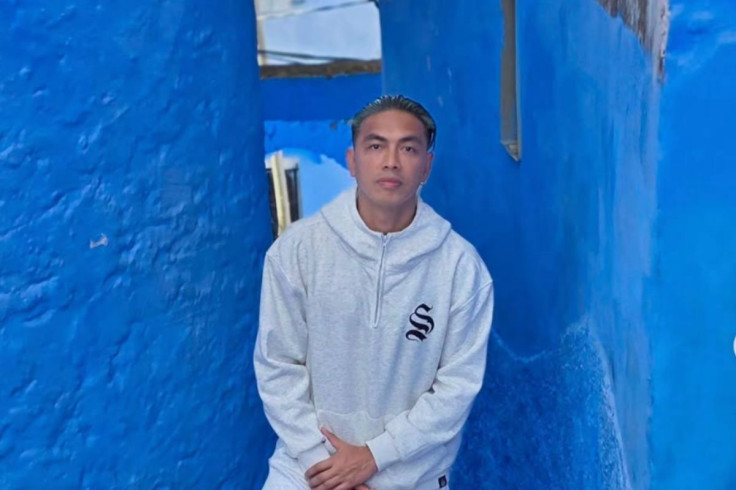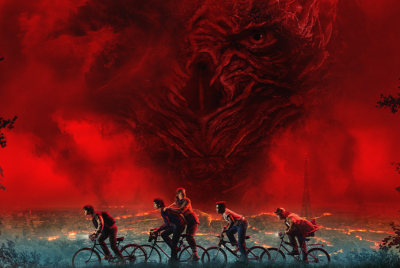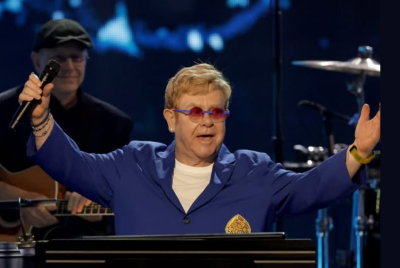Vitaly Zdovoretskiy Case Update: Cameraman 'Slykane' Charged in the Philippines — So Why Is He Still Streaming?
Dantes was charged under cybercrime and voyeurism laws but not detained

Russian-born YouTuber and streamer Vitaly Zdorovetskiy remains detained in the Philippines following his arrest earlier this year, while his videographer, Filipino content creator Christopher Dantes, also known as 'Slykane', faces criminal charges linked to their online stunts. Despite this, Dantes continues to appear online, raising questions about how legal accountability is enforced in the digital creator world.
The Philippine National Police (PNP) confirmed in April that Dantes had been charged with unjust vexation under the Revised Penal Code, in relation to the Cybercrime Prevention Act (Republic Act 10175) and the Anti-Photo and Video Voyeurism Act. He was accused of acting as Zdorovetskiy's cameraman during a series of livestreams filmed around Metro Manila. Malacañang Palace said Dantes would be given the opportunity to defend himself and due process will be followed.
President Ferdinand Marcos Jr condemned the pair's behaviour, describing it as 'abuse disguised as entertainment'. He said the government would not tolerate actions that disrespect Filipinos, particularly when carried out for profit or public spectacle.
The Charges and the Alleged Offences
According to official statements cited by the Philippines News Agency, Dantes is accused of assisting in videos that showed Zdorovetskiy harassing and insulting locals while filming content in public spaces. The Russian vlogger faces several complaints, including harassment of security guards, theft of an industrial fan from a restaurant while livestreaming in a mall in Taguig City, and verbal abuse of a windsurfing instructor in Boracay.
The Department of the Interior and Local Government presented Zdorovetskiy at a press briefing in Quezon City in April, confirming that he had been arrested for immigration violations. He was later transferred to the Bureau of Jail Management and Penology. Officials said his case remains active, with coordination continuing with the Department of Justice.
In contrast, Dantes has not been detained. While the PNP confirmed that charges were filed, there has been no public record of an arrest or custody order. This has allowed him to keep broadcasting under his online alias, prompting renewed scrutiny of how Philippine cybercrime laws are applied to digital creators.
Streaming and Accountability
Dantes' ongoing broadcasts expose how slowly national laws can respond to global digital platforms. Reports suggest he may have streamed from outside the Philippines after the charges were filed, which would complicate enforcement of any warrant. Platforms such as Kick and Twitch are not required to act unless served with an enforceable legal order, meaning a charged individual can continue streaming until a conviction or suspension occurs.
Legal analysts say the case highlights the gap between fast-moving online entertainment and slower judicial systems. It also raises questions about whether platforms share responsibility for content that breaches national laws.
Influencers and Accountability
The case of Zdorovetskiy and Dantes shows how online influence can collide with real-world regulation. While creators can reach global audiences instantly, accountability still depends on national systems often struggling to keep pace with digital behaviour.
Philippine officials have emphasised that both men are entitled to due process, but the government insists that foreign and local creators must respect national laws. The outcome could set an important precedent for how authorities and platforms respond to misconduct linked to livestreaming and influencer culture.
As proceedings continue, the contrast between Zdorovetskiy's detention and Dantes' ongoing online presence reflects the uneasy balance between digital freedom and legal responsibility in the era of online celebrity.
© Copyright IBTimes 2025. All rights reserved.





















